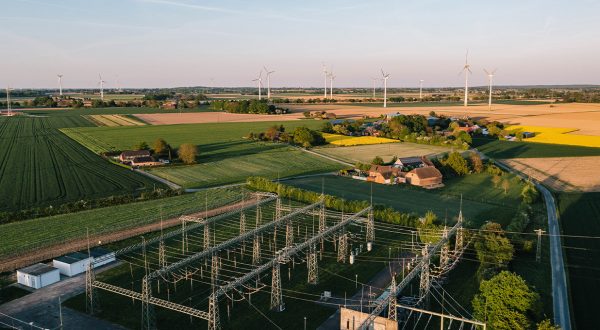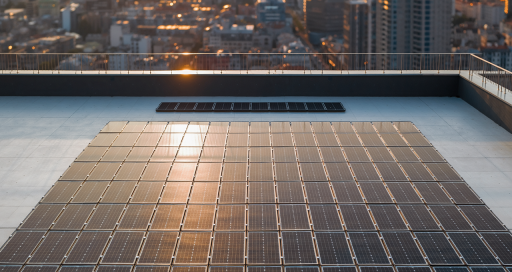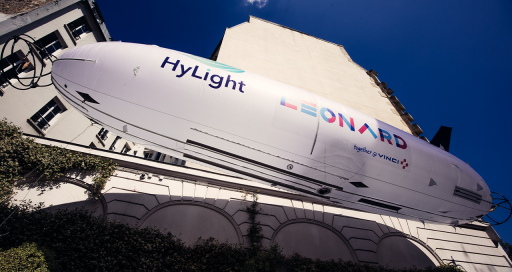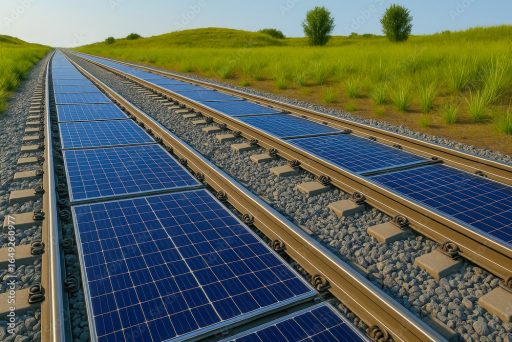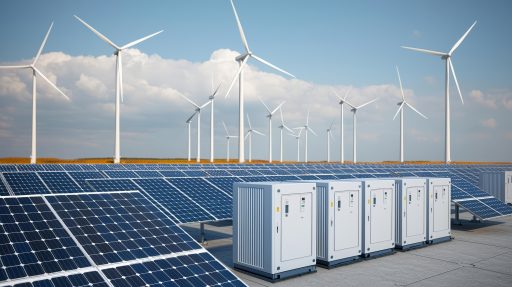
Faster development of renewable energies is key to the energy transition, but faces a major obstacle in the intermittent nature of these energies, which means finding a way to store excess production and retrieve it when demand is high. Of the promising technologies available, batteries based on zinc (Zn) and on manganese dioxide (MnO2) offer a number of advantages: low cost, due to the abundance of zinc and manganese; safety in use, thanks to their water-based electrolytes; and high recyclability. Their main drawback is that the poor stability of zinc in an aqueous medium causes corrosion of the anode, reducing the life of the battery. To overcome this obstacle, Ivette Aguilar, a researcher in the Solid-state Chemistry and Energy Lab at the Collège de France, has added organic molecules to the water-based electrolyte; these interact with the water to form hydrogen bonds and reduce the corrosive effects. Batteries optimised in this way can reach energy density of 150 Wh/kg and a capacity of 450 mAh/g(MnO₂), 90% of which is retained after numerous charging cycles.
06/16/2025
Learn more:
energie-rs2e.com
